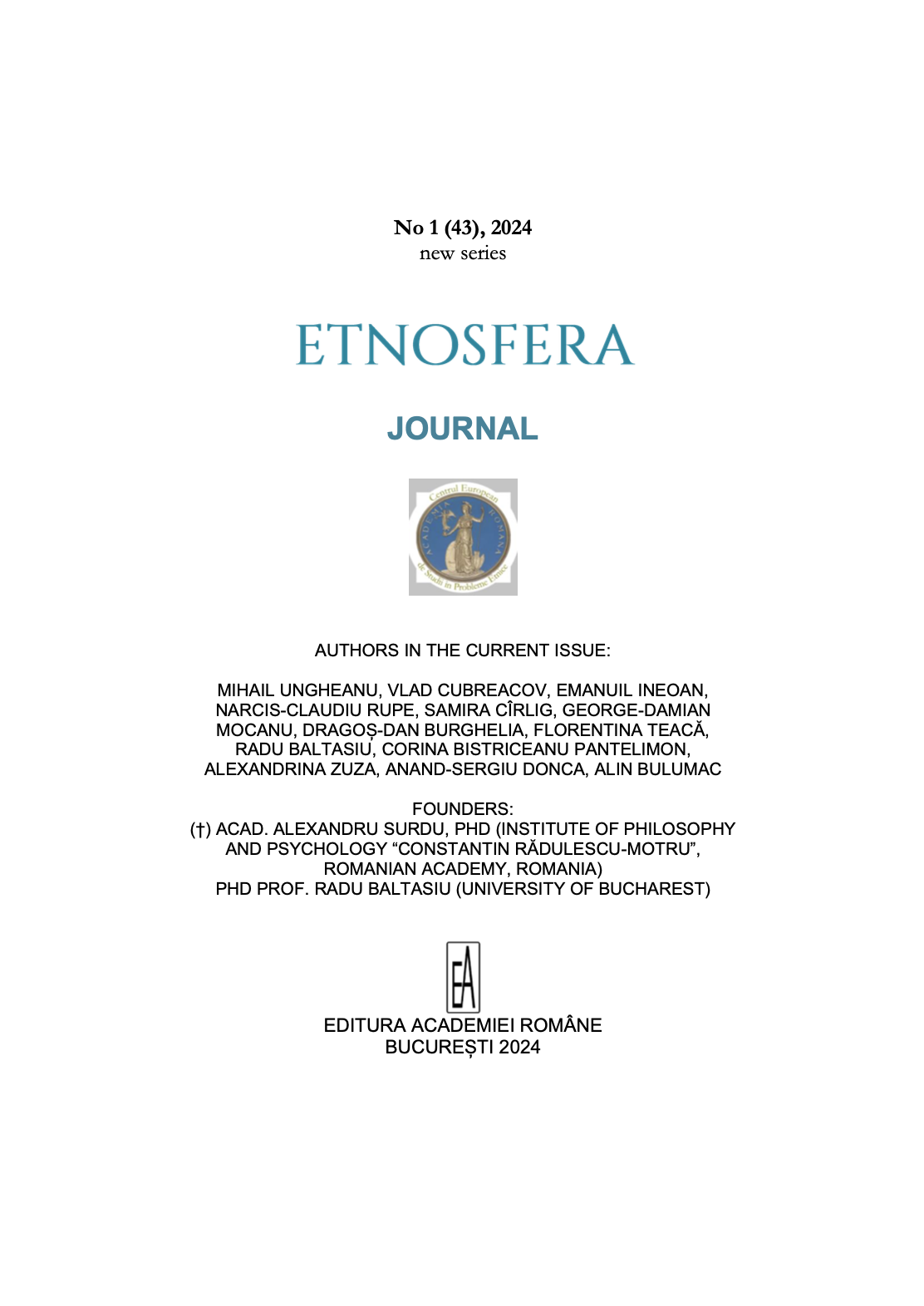SOME CONSIDERATIONS RELATED TO THE FINANCING OF ROMANIAN EDUCATION SOUTH OF THE DANUBE
SOME CONSIDERATIONS RELATED TO THE FINANCING OF ROMANIAN EDUCATION SOUTH OF THE DANUBE
Author(s): Ineuan EmanuilSubject(s): Politics / Political Sciences, Politics, Social Sciences, Education, Sociology, Inter-Ethnic Relations, Ethnic Minorities Studies, Geopolitics
Published by: Editura Academiei Române
Keywords: Roumania;Aromanians;Balkans;Financial Aid;Schools;Churches
Summary/Abstract: Romania’s involvement in the Aromanian issue was a novelty for its foreign policy. While inTransylvania or Bukovina, Bucharest was involved in supporting a cultural nationalism, which took various forms and to varying degrees, in the case of the southern Danube Romanians, support was given to communities with which Romania had no direct geographical continuity. Most of the financial resources directed by the Romanian state to the communities south of the Danube were used to set up new schools and to pay the salaries of the teaching staff in the area, as well as to support priests and churches. The Romanian cultural effort in the Balkans was eventually initiated by a number of personalities of Aromanian origin who had emigrated to the northern Danube area and who, in the course of time, held key positions both in the state apparatus (Anastasie Panu, Alexandru Diamandi, Eugeniu Carada, Tache Ionescu, Gheorghe Manu) and in cultural and economic life (Ioan Caragiani, Dimitrie Cozacovici, Menelau Ghermani, Pericle Papahagi). Under the influence of these personalities of Romanian Aromanian origin, but also at the request of several Aromanian leaders in the Balkans, the support of the Romanian state will be materialized through constant financial allocations from the state budget to the cultural and educational needs of the Aromanian communities in the Balkans.
Journal: Etnosfera
- Issue Year: 43/2024
- Issue No: 1
- Page Range: 35-43
- Page Count: 10
- Language: English

